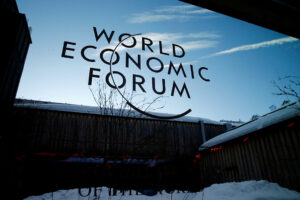THE PHILIPPINES dropped nine places in the 2024 Global Gender Gap Index of the World Economic Forum (WEF) to 25th out of 146 countries, though it remained the highest-placed Southeast Asian country.
It was third in East Asia and the Pacific region, behind New Zealand (4th) and Australia (24th), with a score of 77.9%, according to the WEF report released on Wednesday.
The Philippines was well above the Eastern Asia and the Pacific average of 69.2%.
“Governments are called on to expand and strengthen the framework conditions needed for business and civil society to work together in making gender parity an economic imperative — one that fulfills the most basic of needs and inspires the very edges of innovation,” WEF Managing Director Saadia Zahidi said in the report.
The index grades four key dimensions: Economic Participation and Opportunity, Educational Attainment, Health and Survival, and Political Empowerment.
The next best performers in the region are Singapore, Thailand, and Vietnam with rankings of 48th, 65th, and 72nd respectively.
Rankings for the rest of the region were Timor Leste (86th), Laos (89th), Indonesia (100th), Cambodia (102nd), Brunei (105th), and Malaysia (114th). Myanmar was not included in the study.
The WEF estimated that the world needs at least 134 years, or five generations, to close the gender gap.
“In many countries, women’s workforce participation has still not recovered since the COVID pandemic,” it said. “The current economic context, coupled with technological and climate change, risks causing further regression.”
The World Bank estimates that global gross domestic product could rise 20% once the gender gaps in politics and work close.
The 2024 Global Gender Gap Report is on its 18th edition. It benchmarks gender-based gaps in economic participation, educational attainment, health and survival, and political empowerment. — Chloe Mari A. Hufana

